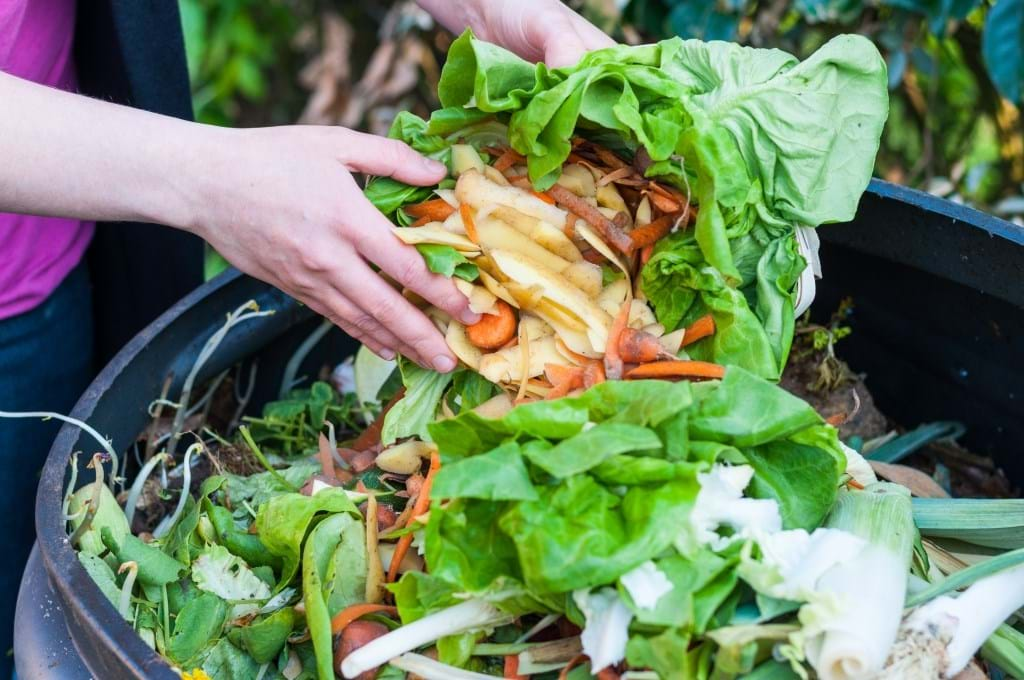Influencing policy: pushing R&D investment and the food agenda

1st October 2019
Our members want to know more about how we support them to influence the development of national policies that affect chemical engineering.
Following this feedback from our member engagement survey, we are bringing you regular updates on the various policy areas in which we work with our members to provide evidence that inform policy- and decision-makers.
In our latest blog, we explain more on our collaborative approach with the National Engineering Policy Centre to urge the Government to spend more on research and development, what’s new for IChemE’s Energy Centre, as well as an update on the various consultation responses that we are working on.
Spending boost for R&D
The UK Government has reaffirmed its commitment to the STEM community and promised to increase research and development (R&D) spending to at least 2.4% by 2027. This is great news!

IChemE and other professional engineering Institutions have been lobbying through the Royal Academy of Engineering’s National Engineering Policy Centre (NEPC) for the Government to increase R&D spending from the current 1.7% to match the Organisation for Economic Co-operation Development (OECD) average of 2.4%.
Raffaella Ocone, Chair of IChemE’s UK Research Committee, welcomed the spending pledge and said: “This comes at a critical time when the UK is losing some of the top researchers to other countries. I hope that engineering will receive a good share of the anticipated increase.
“The timely publication of NEPC’s Engineering Priorities gives a clear vision of the crucial position that engineering will have in innovation and training of new skills if we want to assure the prosperity and security of our country.”
Read the full story at The Chemical Engineer online.
IChemE Energy Centre updated work programme
Under its new Chair, Mark Apsey, IChemE’s Energy Centre is working on an updated work programme.

The Energy Resource Efficiency (ERE) task group has launched a new case study, Material Recovery from Discarded Electronic Devices, to add to its existing portfolio. The group also continues to promote its ERE guide, which is aimed at helping engineers adopt best practice.
Energy Centre Board Member and Chair of the ERE task group, Tekena Fubara led work on this practice guide.
“Access to energy, and access to resources, are two key elements that are intrinsically linked to the wellbeing of society, and indeed to each of us individually,” Fubara said.
Pushing the food agenda
IChemE has also been influential in pushing for a collaborative response to the Government’s call for evidence on developing a national food strategy for England.
Expert members in the Food and Drink, Water, Sustainability and Environment Special Interest Groups (SIGs) have formed a working group for this consultation and if any individual members would like to be involved, please email Nooryesha Choudhury, chemical engineering graduate and IChemE Technical Knowledge and Policy Intern, at nchoudhury@icheme.org before 11 October.

The contribution to society that IChemE makes through its policy and other learned society work depends on the expertise of our members. As well as working with SIGs, we use member profiles to identify members that may be key contributors to our work.
Make sure that you stay informed by keeping your MyIChemE profile up to date.
The most recent consultations we have been working on with members include:
- Carbon Capture, Usage and Storage (CCUS): Business Models
IChemE responded to this UK consultation in mid-September which was looking for a broad range of views on CCUS delivery and investment frameworks. The consultation response was built upon previous work that had been done by expert members from IChemE’s Energy Centre.
- Regulated Asset Base (RAB) Model for Nuclear
IChemE have formed a members’ task group which will respond to this consultation. The consultation seeks the views of experts on the RAB funding model for future nuclear power projects and its high-level design principles, including risk-sharing arrangements.
- Standards for Bio-based, Biodegradable and Compostable Plastics: Call for Evidence
This consultation is seeking evidence to identify gaps and to provide expert advice on the overall sustainability of bio-based and biodegradable plastic products, existing relevant plastic degradation and the design and implementation of standards for biodegradable plastics. A task group of IChemE members is collating a response on behalf of the institution.
Further detail on the latest consultations that IChemE is contributing to can found at: www.icheme.org/consultations
This article also appeared in the latest issue of The Chemical Engineer.
Read the most recent blog from our ‘Influencing Policy’ blog series: Influencing policy: the future of waste and of our building regulations